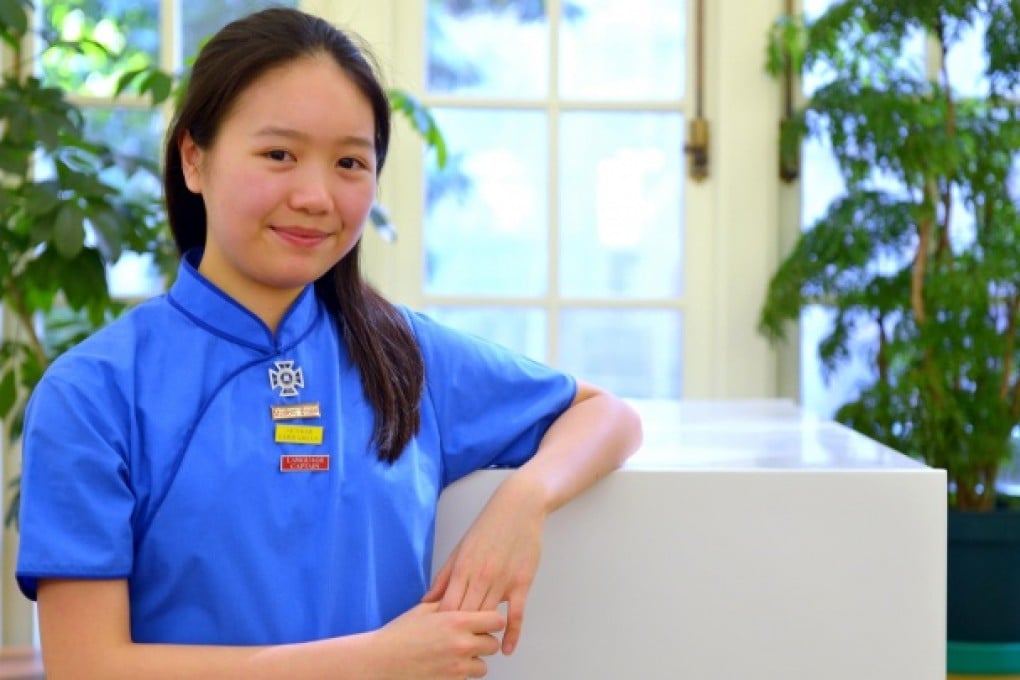Variety proves spice of learning life
Local students embrace studying the IB programme because it offers them writing training, a common task at university, as the curriculum requires them to compose a 4,000-word extended essay.

Local students embrace studying the IB programme because it offers them writing training, a common task at university, as the curriculum requires them to compose a 4,000-word extended essay.
Stephanie Wu, a Form Five IB student at St. Paul's Co-educational College, appreciates the training. "I plan to study at an overseas university. The IB curriculum encourages us to write long essays. It is an important skill I need to master when I attend university."
She likes the interactive learning mode. "The size of an IB class can be no greater than 25. There are lots of chances for students to share their thoughts and discuss with others."
IB allows students to specialise in the subjects they are interested in, providing well-rounded training. "The IB curriculum requires you to be an all-rounder. Students are challenged to take subjects from different categories. I get to specialise in science and maths, which I enjoy, and also learn languages and other subjects."
Wu's classmate, Hampton Tao, thinks the theory of knowledge (TOK) offers a lot of inspiration. "Through TOK, I learned about critical thinking and the meaning of acquiring knowledge. These are topics that are entirely new to me and I find them very inspiring," he says.
Jane Robertson, whose children went to Cambridge University after graduating from Sha Tin College - an ESF school - says the IB gives students more chance to explore their interests. "My son knew exactly what he wanted to study - maths, whereas my daughter enjoyed the variety and diversity of subjects. She didn't know which ones she wanted to do till she started her IB and gained exposure to different ones."
